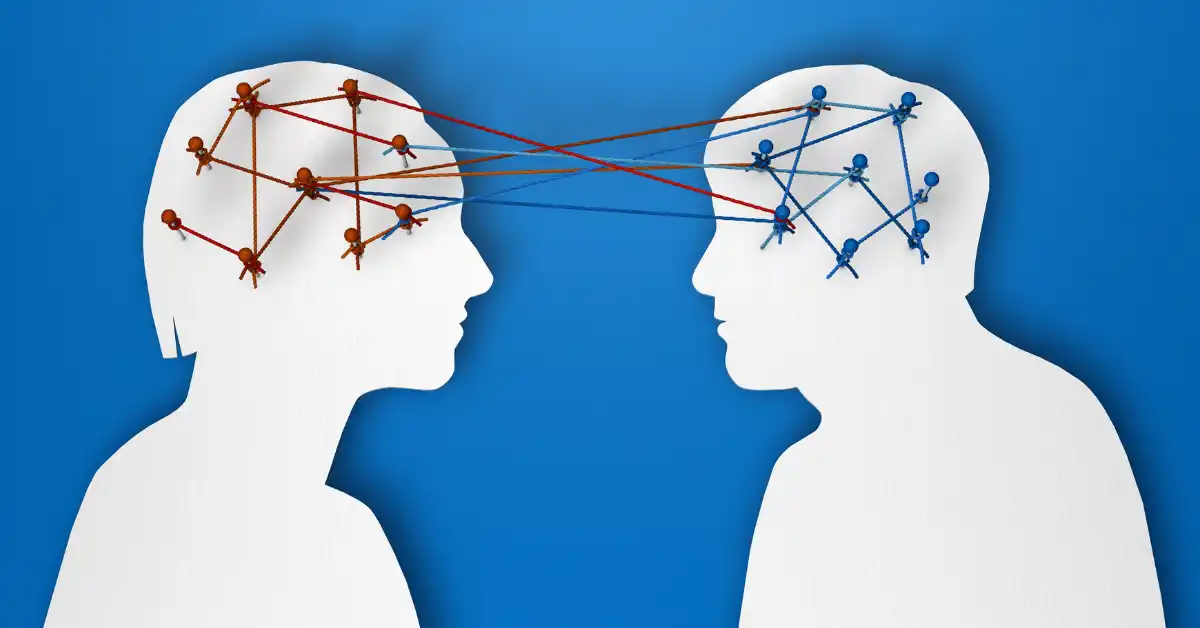


Mental health care has moved far beyond a model of symptom management alone. Today, Psychoeducation is recognised as a cornerstone of effective treatment, offering individuals and families the knowledge and skills needed to navigate mental health conditions with confidence. But what exactly is Psychoeducation, and why does it matter?
What Is Psychoeducation? A Guide for Patients and Families
Psychoeducation refers to structured education about mental health conditions, treatments, and coping strategies. It goes beyond simply providing information; it aims to empower patients and their families with knowledge that is practical, accessible, and directly relevant to daily life. The concept first emerged in psychiatric care in the 1980s, particularly within services for people living with schizophrenia, but has since expanded to support a wide range of conditions including mood disorders, trauma, and ADHD.
Why Psychoeducation Matters in Mental Health Recovery

Knowledge is powerful in the recovery journey. Research shows that people who understand their mental health condition are more likely to adhere to treatment, experience reduced relapse rates, and report a stronger sense of control. Rather than feeling at the mercy of symptoms, patients who engage in Psychoeducation learn to anticipate challenges and apply strategies proactively.
For example, someone with bipolar disorder may learn to identify early warning signs of mood changes and implement coping strategies before symptoms escalate. Similarly, people living with trauma may gain insight into how triggers affect their nervous system, allowing them to practise grounding techniques to regulate their emotions. By demystifying mental health, Psychoeducation reduces fear and uncertainty while increasing resilience.
Supporting Loved Ones Living with Mental Illness
Mental health challenges are rarely experienced in isolation; they often impact entire families. Family-focused psychoeducation programmes have been shown to reduce relapse rates in conditions such as psychosis, while also decreasing caregiver stress. These interventions provide families with practical tools: how to communicate effectively, recognise warning signs, and balance their own wellbeing while offering support.
Psychoeducation vs. Stigma: Knowledge as a Path to Acceptance

One of the most powerful aspects of psychoeducation is its ability to challenge stigma. Misconceptions about conditions such as depression, bipolar disorder, or ADHD can create barriers to treatment and increase shame for those affected. By offering clear, evidence-based information, Psychoeducation replaces myths with understanding.
For instance, learning that depression is not a personal weakness but the result of complex interactions between biology and environment can reduce self-blame. Similarly, reframing ADHD as a neurodevelopmental condition rather than a behavioural problem helps to foster empathy and acceptance, both for individuals and within their communities. In this way, Psychoeducation acts as a bridge between medical knowledge and public perception.
Psychoeducation in Therapy: From DBT Skills Groups to ACT Workshops
Psychoeducation is not limited to one-to-one sessions with psychiatrists or psychologists. Many therapeutic approaches embed psychoeducation as a key component of treatment. Comprehensive Dialectical Behaviour Therapy (DBT), for example, includes group sessions where clients learn specific skills for emotion regulation, distress tolerance, and interpersonal effectiveness. Acceptance and Commitment Therapy (ACT) often incorporates educational exercises to help clients understand the role of avoidance in maintaining distress and the benefits of practising acceptance.
The Neuroscience of Understanding: Why Learning About Your Brain Changes Behaviour
Recent research underscores the importance of understanding how the brain and body respond to stress, trauma, and treatment. When patients learn about the underlying neuroscience of their condition, it can foster both self-compassion and behavioural change.
This knowledge also shifts patients from passive recipients of care to active participants. By understanding how treatments work—whether medication, therapy, or lifestyle interventions—patients are better equipped to make informed decisions, track progress, and advocate for themselves.

Barriers to Psychoeducation: Why Information Alone Isn’t Always Enough
Despite its benefits, psychoeducation is not a quick fix. Information alone does not guarantee change. Barriers such as literacy levels, cultural differences, stigma, and emotional readiness can limit its effectiveness. Some people may struggle to engage with information if they are in acute distress, while others may feel overwhelmed by complex medical terminology.
Therapists adapt psychoeducation by tailoring it to the individual’s needs. This might involve using visual aids, simplifying language, incorporating cultural perspectives, or pacing sessions to match the patient’s readiness. Group programmes also offer opportunities for shared learning, where participants gain insights not only from professionals but also from peers with lived experience.
Conclusion: Knowledge as Empowerment
Psychoeducation is more than an educational add-on; it is an important part of psychiatric care that fosters recovery, reduces stigma, and strengthens relationships. By helping patients and families understand mental health conditions, psychoeducation turns knowledge into empowerment.
At Positive Mind Works, our team values this collaborative approach. Our psychologists are skilled in integrating psychoeducation into therapy, ensuring that clients feel informed, supported, and equipped to manage challenges in their daily lives. Get in touch today if you’d like to see how we can support you with the right tools and understanding.

FAQs:
What is psychoeducation in mental health?
Psychoeducation is the process of helping people understand their mental health condition, its causes, symptoms, and treatment options. It empowers patients to take an active role in their recovery and to make informed decisions about their care
How does psychoeducation differ from therapy?
While therapy focuses on emotional processing and behavioural change, psychoeducation provides the factual understanding that supports those changes. It’s often part of a broader treatment plan involving therapy and, sometimes, medication.
Can psycho-education reduce stigma around mental health?
Yes — knowledge often replaces fear. When people learn that mental health challenges are common and treatable, they’re more likely to seek help and less likely to judge themselves or others.
Who can benefit from psychoeducation?
Anyone can. It’s particularly helpful for people living with anxiety, depression, ADHD, bipolar disorder, and psychosis — and also for family members who want to better understand and support a loved one.
How can I start learning more?
You can begin by speaking with a qualified psychiatrist, psychologist or counsellor. At Positive Mind Works, our clinicians can integrate psychoeducation into sessions to help patients feel informed, confident, and supported.

